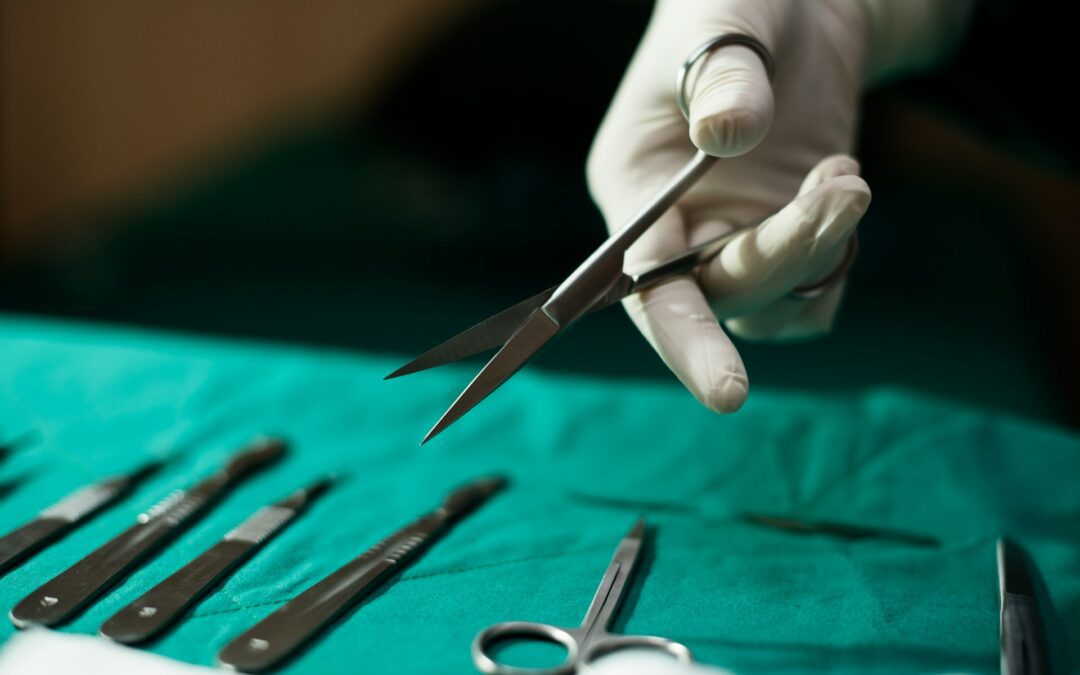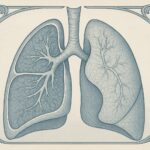When questions arise about a loved one’s mysterious passing, forensic autopsies provide essential answers. These specialized examinations delve deeper than standard autopsies, uncovering intricate details to explain the circumstances of unexpected deaths. Conducted by forensic pathologists, they reveal how and why a death occurred, offering clarity and closure to families and valuable insights to broader societal systems.
Forensic autopsies are especially relevant when deaths occur under suspicious or unclear circumstances. These examinations ensure no detail is overlooked, whether for legal purposes, resolving insurance claims, or contributing to public health and medical research. Their importance extends far beyond individual cases, impacting public safety and advancing medical knowledge.
What Are Forensic Autopsies?
Forensic autopsies are thorough medical examinations performed on individuals who have died unexpectedly, suspiciously, or without an apparent cause. Unlike standard autopsies, which focus on medical conditions, forensic autopsies aim to uncover details crucial for criminal investigations, legal proceedings, or resolving unanswered questions.
Key aspects of forensic autopsies include:
- Detailed External and Internal Examinations: These examinations document injuries, abnormalities, or any external clues contributing to the cause of death.
- Analysis of Tissues and Fluids: Testing for drugs, alcohol, toxins, or underlying medical conditions provides insights into potential contributing factors.
- Data from Collateral Sources: Forensic pathologists review medical records, police reports, and witness statements to compile a comprehensive understanding of the circumstances.
These detailed processes ensure that forensic autopsies produce evidence-based conclusions, aiding in justice, transparency, and medical advancement.
Investigating Suspicious or Unexplained Deaths
Forensic autopsies play a crucial role in understanding deaths under suspicious or unclear circumstances. Here are common scenarios where these autopsies are essential:
1. Homicides: Precise determination of injuries, weapon types, and timelines aids law enforcement in building strong criminal cases.
2. Suicides: By identifying the method and ruling out foul play, forensic autopsies confirm cases of self-harm, providing clarity to families and investigators.
3. Accidental Deaths: In cases of accidents, autopsies assess factors such as mechanical failures, human errors, or environmental hazards, revealing if the incident was avoidable.
4. Sudden Unexplained Deaths: These autopsies uncover previously undiagnosed medical conditions, such as cardiac issues or genetic disorders, offering closure to families and crucial insights for prevention in others.
In each case, forensic autopsies ensure that every detail is examined, helping families and investigators understand the truth while resolving lingering questions.
Legal and Insurance Implications
Forensic autopsies are pivotal in legal and insurance contexts. They serve as credible evidence in both civil and criminal cases, providing clarity that can impact legal rulings and financial outcomes.
How They Assist in Legal Cases:
- Court Evidence: Autopsy reports can confirm foul play, establish timelines, and determine accountability in criminal cases.
- Disputed Claims: Forensic autopsies settle debates over accidental versus intentional deaths, helping courts deliver just outcomes.
Impact on Insurance Matters:
- Policy Validation: Insurance providers often require definitive proof of death causes to process claims, particularly in suspicious or high-value cases.
- Workplace Incidents: Autopsies determine if workplace safety breaches contributed to deaths, influencing legal and financial settlements.
- Beneficiary Disputes: Clear autopsy findings resolve disagreements among claimants regarding policy payouts.
Forensic autopsies ensure transparency, fostering trust and fairness in both legal and financial matters.
Contributions to Public Health and Medical Research
The impact of forensic autopsies extends beyond individual cases, significantly benefiting public health and advancing medical research:
1. Public Health Monitoring: Forensic autopsies identify emerging diseases or public health threats, such as substance abuse epidemics or infectious outbreaks. For example, patterns revealed in autopsies have played a role in understanding the opioid crisis.
2. Medical Advancements: By studying conditions discovered during autopsies, researchers gain valuable data that informs diagnostics, treatments, and preventive measures.
3. Safety Improvements: Findings from accidental deaths contribute to the development of safety regulations, reducing risks in industries like transportation or construction.
These contributions underscore the societal value of forensic autopsies, bridging gaps between justice, health, and safety.
Real-World Examples of Forensic Autopsy Contributions
Forensic autopsies have proven instrumental in several landmark cases and public health initiatives:
- Uncovering Serial Crimes: Detailed autopsies have exposed patterns in serial offenses, aiding law enforcement in solving complex cases.
- Pandemic Preparedness: During health crises, autopsies provided critical data that helped shape response strategies, such as during the COVID-19 pandemic.
- Improving Workplace Safety: Autopsy findings in workplace incidents have influenced stricter safety regulations, reducing future fatalities.
By linking individual cases to broader societal trends, forensic autopsies highlight their far-reaching importance.
Conclusion
Forensic autopsies are essential tools for resolving unanswered questions about unexpected deaths, addressing legal and insurance complexities, and contributing to public health advancements. They offer families clarity, help investigators establish the truth, and support the medical community in understanding emerging health risks.
When faced with difficult questions about a loved one’s death, families can find clarity and closure through the meticulous work of forensic pathologists. Learn more about private forensic autopsy services to address your specific needs.
By understanding the multifaceted role of forensic autopsies, we can appreciate their critical contributions to both individual cases and broader societal progress.








